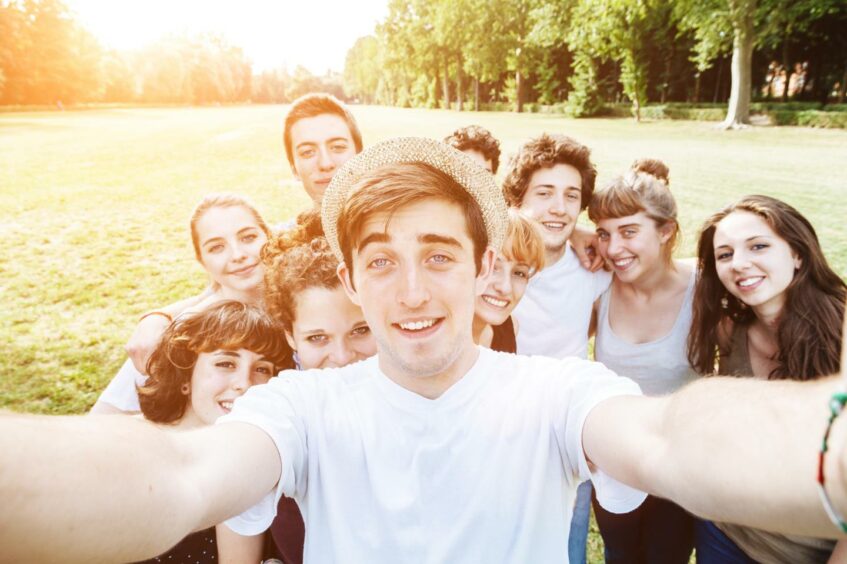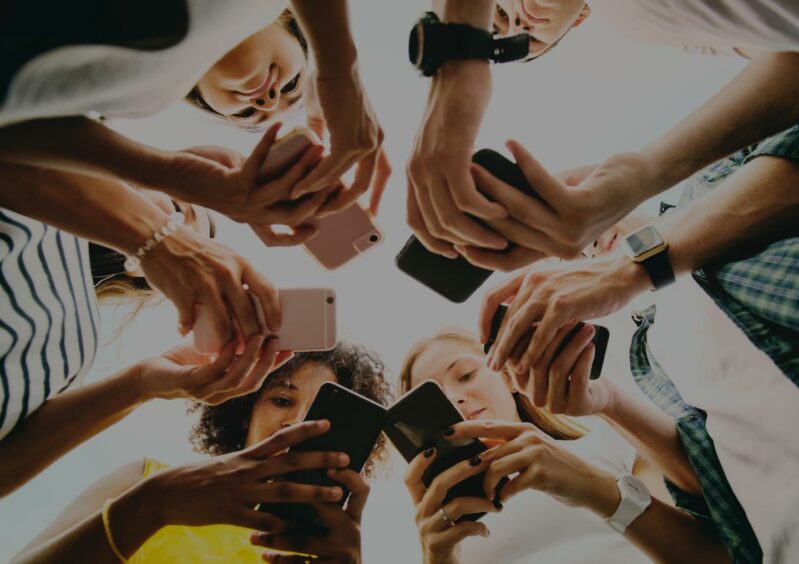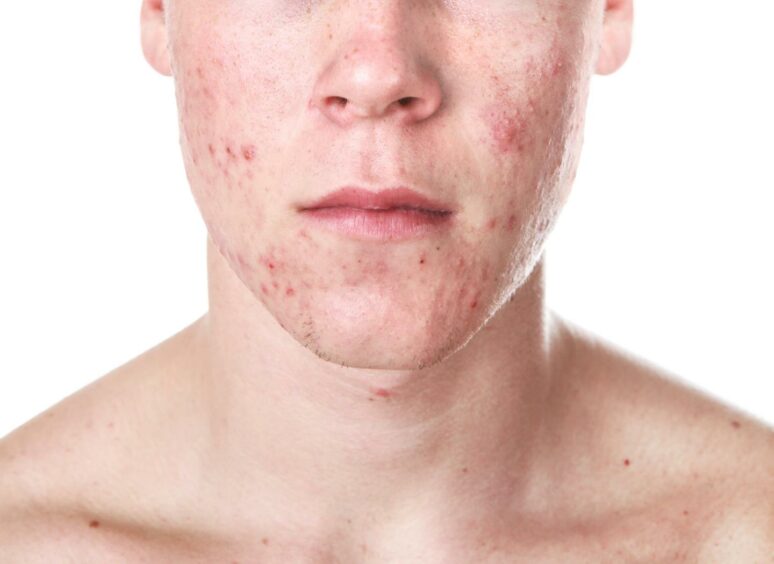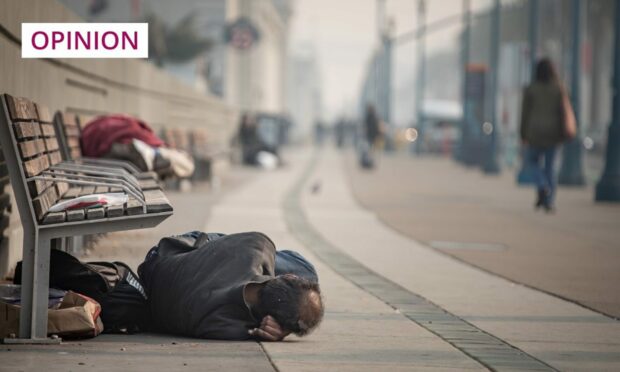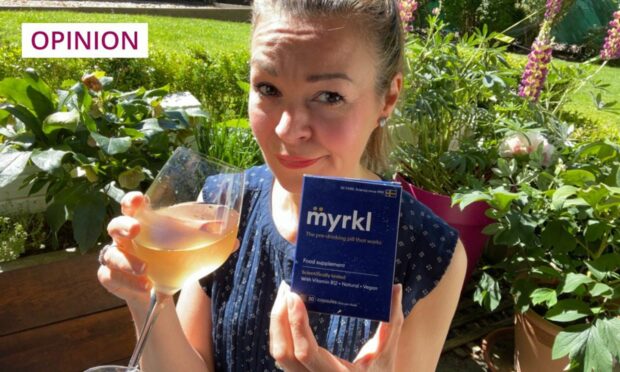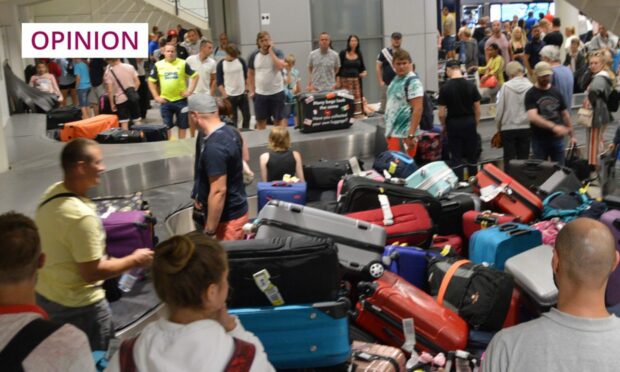The little crowd that had gathered to watch me was a heartwarming sight, as I attempted to not come last again in the 800 metres.
I knew it was me they had come to cheer because their excited shrills reached fever pitch as soon as I approached the stretch of track they were scattered along.
After the race I sidled over to a group of classmates and said: “Thanks for coming to watch me.”
“We came for your hair,” was the reply.
“My hair?”
“Yeah, we wanted to see what happens to your perm when you run.”
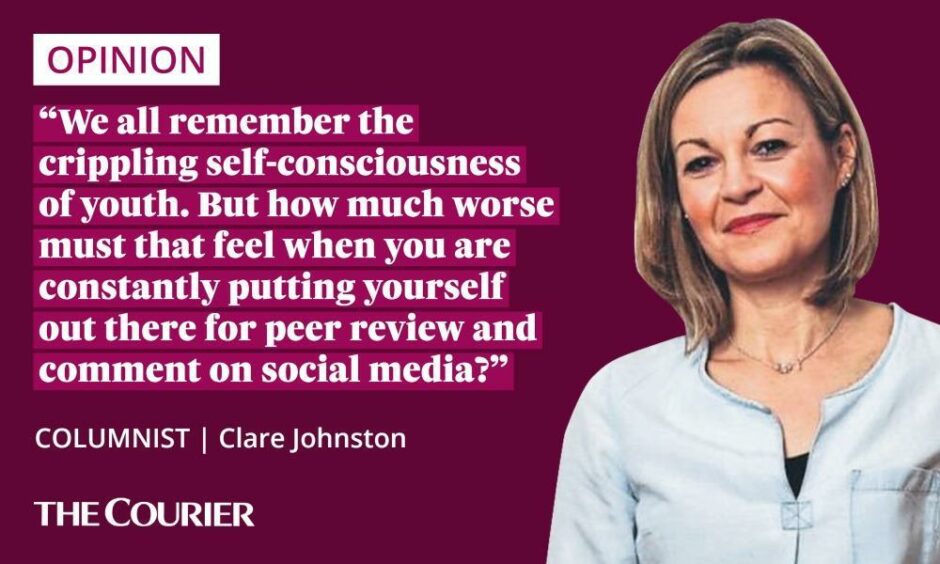
That was the day I realised I’d made a mistake believing the hairdresser when he assured me my new do was not over-set and deeply unflattering as I feared, but rather “wild and fabulous”.
It came just as I had re-learned to open my mouth when I smiled.
I’d been covering my front teeth for two years because I was so embarrassed by the gap between them.
No, it’s not easy being a teenager.
The sky-scraping highs, and the crushing, new-depth-discovering lows.
But as difficult as it was back then dealing with the hormonal surges, the constant state of mortification and, yes, bad perms, it wasn’t a patch on what today’s teenagers go through.
Surviving the social media minefield
So much of life for them now is viewed through the prism of social media.
Get a lot of likes on a selfie and feel good about yourself.
Only get a few likes on a post – or, unimaginably, none at all – and feel terrible.
Add the constant exposure to the supposedly perfect lives and looks of influencers (many of whom think nothing of the fakery and filters that go into projecting flawlessness) and it’s a tough world to survive.
Then there’s the addictive element.
If left unrestricted kids can be on their phones to the early hours ‘snapping’ and chatting then ending up sleep-deprived the next day.
We all remember the crippling self-consciousness of youth.
But how much worse must that feel when you are constantly putting yourself out there for peer review and comment on social media?
I’m not sure I could have coped with it.
Nor could I have taken in my stride the ever-present fear of getting cancelled.
Because the rules around this are as clear as mud.
Cancelled – but coping with a life online
You would think it would take an obviously offensive slur, or comment to find yourself cast out.
But in a race for who can be the most righteous even putting yourself down can land you in trouble.
In the case of one of my sons, simply lamenting a bad outbreak of spots on his forehead and calling himself a pizza face earned him a serious rebuke.
Apparently he was being offensive to others who might have worse acne and who don’t wish to describe themselves in such terms.
It’s a bear pit.. or is that offensive to bears?
Last week the UK government announced its Online Safety Bill, designed to crack down on drug dealing, porn and promoting suicide, to name but a few things on the list of troubling things kids have easy access to.
There is so much for them to navigate.
And yet, even as my head spins just thinking about it all I spot a glimmer of light.
Because the other thing that’s true of today’s teens is that, for the vast majority, acceptance and the embracing of diversity and everyone’s right to be an individual is inbuilt.
Yes, they can get themselves into a bind when it comes to applying the unwritten rules.
This government said it would legislate to make the UK the safest place in the world to be online, and that’s exactly what we're going to do. pic.twitter.com/qyWcgxeAzZ
— Nadine Dorries (@NadineDorries) February 8, 2022
And yes they are the generation exposed to an internet that is profoundly under-regulated.
But the teenagers I meet today are generally better informed and kinder than the teens of my generation.
Parents and governments need to step up
The internet has taught them a lot and helped bolster their education. They have access to information at the touch of a fingertip.
But what’s missing is balance.
As parents, we can feel powerless in the face of this invisible monstrosity that has cast a spell over our children.
My boys are in their later teens and I still use the Screen Time app to limit their hours spent online.
But that just means they’re not on social media until 3am.
It doesn’t stop the hours spent on Snapchat and the like for the rest of the day.
How we achieve a real-life/digital-life balance for our kids will be an issue governments and parents wrestle with for many years to come.
And when we get there, today’s teens will tell their grandkids stories of a youth misspent on social media, while those children wonder how it was ever allowed to happen in the first place.

